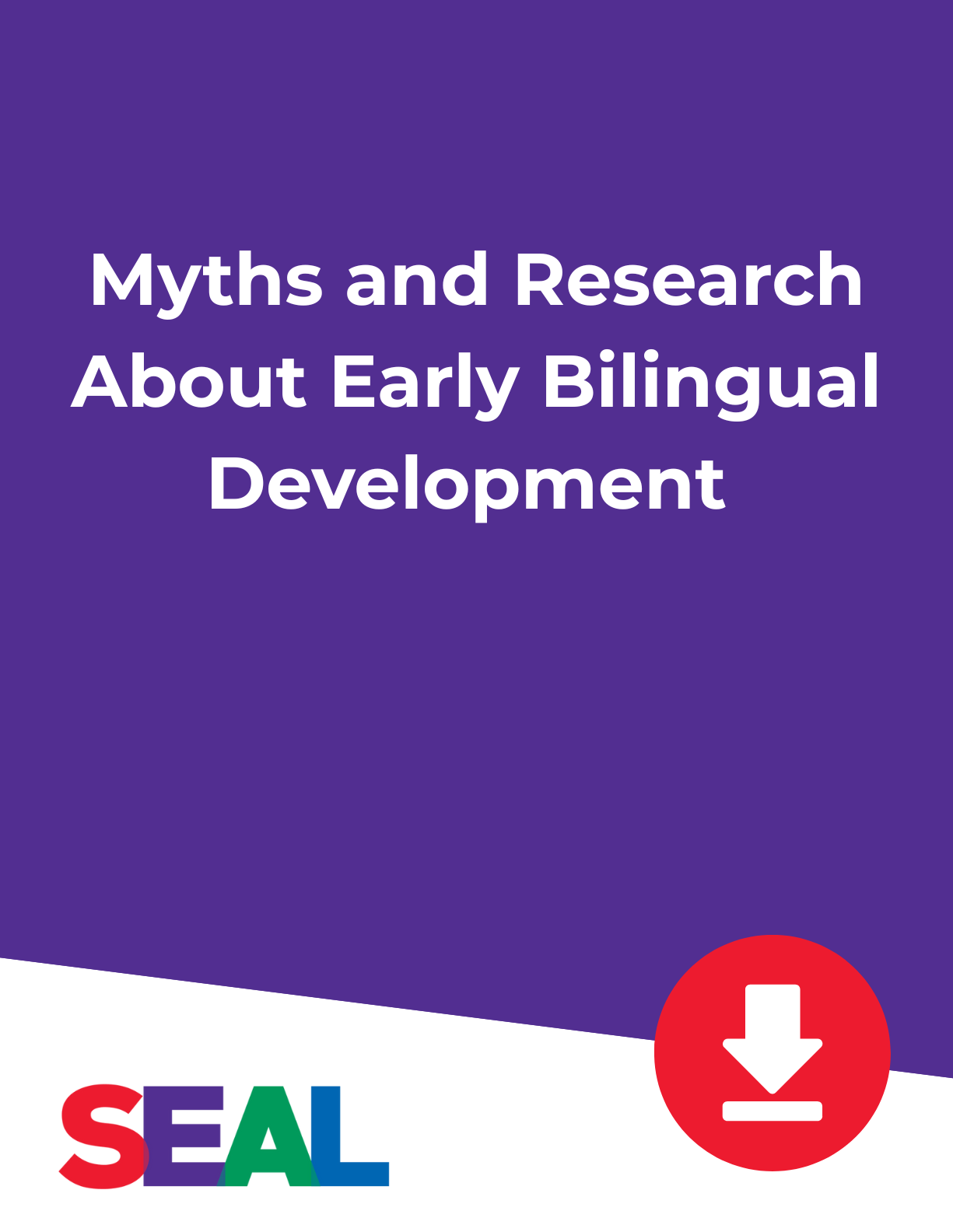Equitable Literacy Instruction: Ensuring the Science of Reading Works for All Children

On January 14, education leaders from SEAL, Children's Literacy Initiative, Boston University, and the Children’s Equity Project joined The Campaign for Grade-Level Reading for a powerful conversation on "The Science of Reading: Myths, Realities, and Equity-Driven Practices." Moderated by New America, the webinar unpacked common misunderstandings about the science of reading and explored how to integrate culturally responsive, equity-driven strategies to meet the diverse needs of multilingual learners and students from varied backgrounds. If you couldn't attend, don’t worry! WATCH the recording and access session resources here to catch this important discussion and gain actionable insights to transform literacy instruction in your school or district.
Download the Resource

Our Resources
Looking for more ways to engage your students and create a joyful learning environment? We’ve curated the best resources—from SEAL-approved tools for Dual Language and Multilingual Learners to videos that bring you directly into our classrooms —to give your students the opportunity to learn, thrive, and lead.

Myths and Research About Early Bilingual Development
This resource breaks down some of the most common myths about bilingualism—and the research that debunks them. It's a valuable tool for educators engaging families in conversations about the benefits of home language development.

SEAL's 11 High-Leverage Pedagogical Practices
Our 11 High-Leverage Pedagogical Practices equip educators to create rigorous, joyful, and language-rich classrooms where every student succeeds. By integrating students’ linguistic and cultural assets, SEAL fosters a learning environment that values home languages and empowers diverse learners to reach their full potential.

Effective ELD in California's Dual Language Programs

Centering English Learner/ Emergent Bilingual Students in Literacy Research and Instruction
There is a considerable amount of attention currently on the science of reading, with many states rushing to adopt policies that are purportedly aligned with it.
%201.svg)